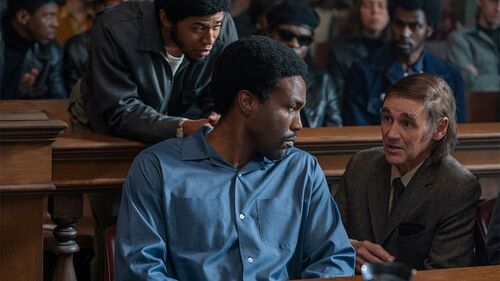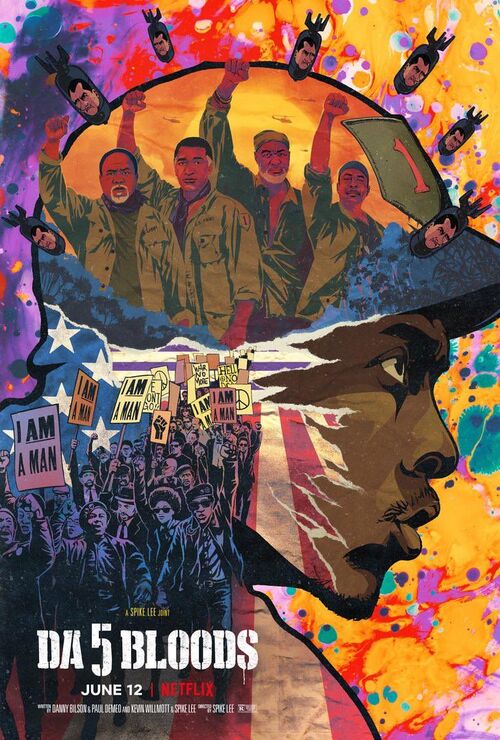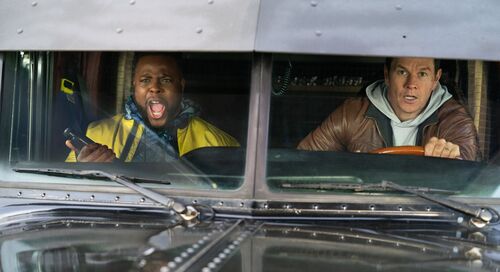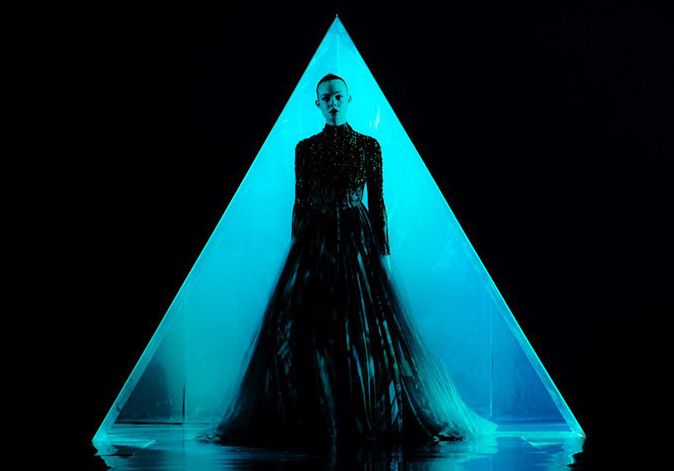
The Neon Demon
 I guess The Neon Demon, from Danish director Nicolas Winding Refn, is at its core a satire. It narrows in on seemingly cynical cut throat high fashion world of LA and the aspirations of a young girl who desires what exactly? Therein lies the problem with Refn’s latest film; the screenplay crafts a compelling setting with beautifully shot evocative world building, but for the most part it doesn’t know what to do the characters dropped in there, or isn’t too bothered.
I guess The Neon Demon, from Danish director Nicolas Winding Refn, is at its core a satire. It narrows in on seemingly cynical cut throat high fashion world of LA and the aspirations of a young girl who desires what exactly? Therein lies the problem with Refn’s latest film; the screenplay crafts a compelling setting with beautifully shot evocative world building, but for the most part it doesn’t know what to do the characters dropped in there, or isn’t too bothered.
The film opens with a photo shoot that establishes the rapacious nature of this environment. Our lead, Elle Fanning’s Jesse poses in a couch with blood running from her neck and pooling up on the floor as the photographer, her boyfiend-ish Dean (Karl Glusman), swoons over her with an intense predatory look. We also get a sniff of the seemingly plastic passion she pursues, at least in Refn’s eyes as he presents her almost as a waxed Barbie doll. It also doesn’t take long for us to realise Jesse’s youth will be coveted and preyed upon, by varying elements of the fashion world.
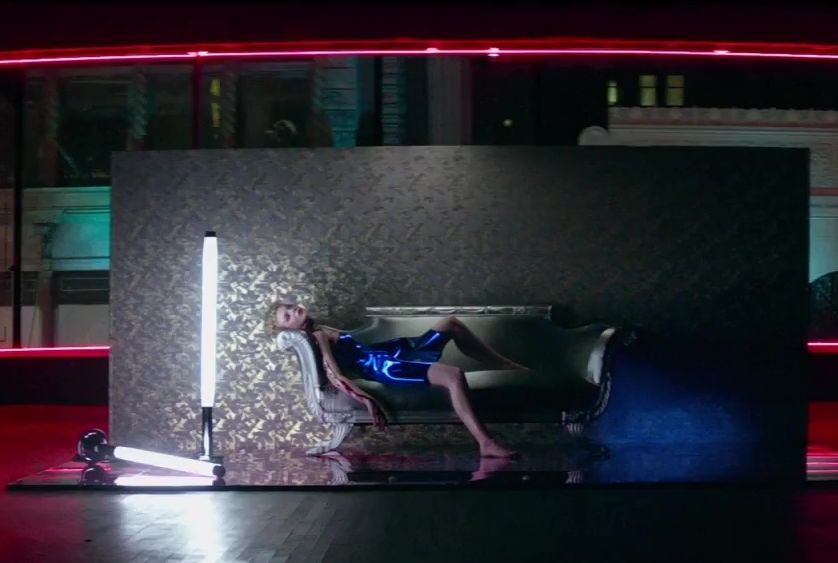
Consider the first few interactions Jesse has, mostly via the superfluity of mirrors. “Am I staring?” is the first line of this film, directed at our lead. Complements towards her skin follow. We next see her at party where a couple of mannequin looking models drool over her. “I wish I had your hair”, “don’t you think that she’s just perfect”, “Is that your real nose?” “Are you food or are you sex” is another weird question thrown her way. Jesse soon assumes some degree of vulnerability, especially so when we learn she is only 16.
Refn is basically saying Elle is the chick who wants desperately wants to be a broiler. This world and her aspirations are angling to consume her. To drum the “shallow” narrative will be too mainstream for Refn so he opts to present a dazzling neon-coated carnivorous setting. But does he try to mock Jesse and this world? I think so, as he appears to sardonically highlight the exploitative nature of the industry and the objectification of these women, like when they line up in their undies under the careful, creepy, assessing and orgasmic eyes of men in authority.
A lot of Refn’s choices are geared towards establishing this cracked world. He is brilliant at enforcing ideas and pushing narrative with just visuals and intriguingly composed moments. He gets his point across but without a cynical edge I would have welcomed. It doesn’t help that he operates with very little restraint making this 2 hour movie a bit tedious. The easy critique to make is style over substance, but Refn is very deliberate in the line he toes given the fly-trap of a world world he is trying to present. I feel a lot of the tediousness stemmed from the fact the character moments are too few and far between.
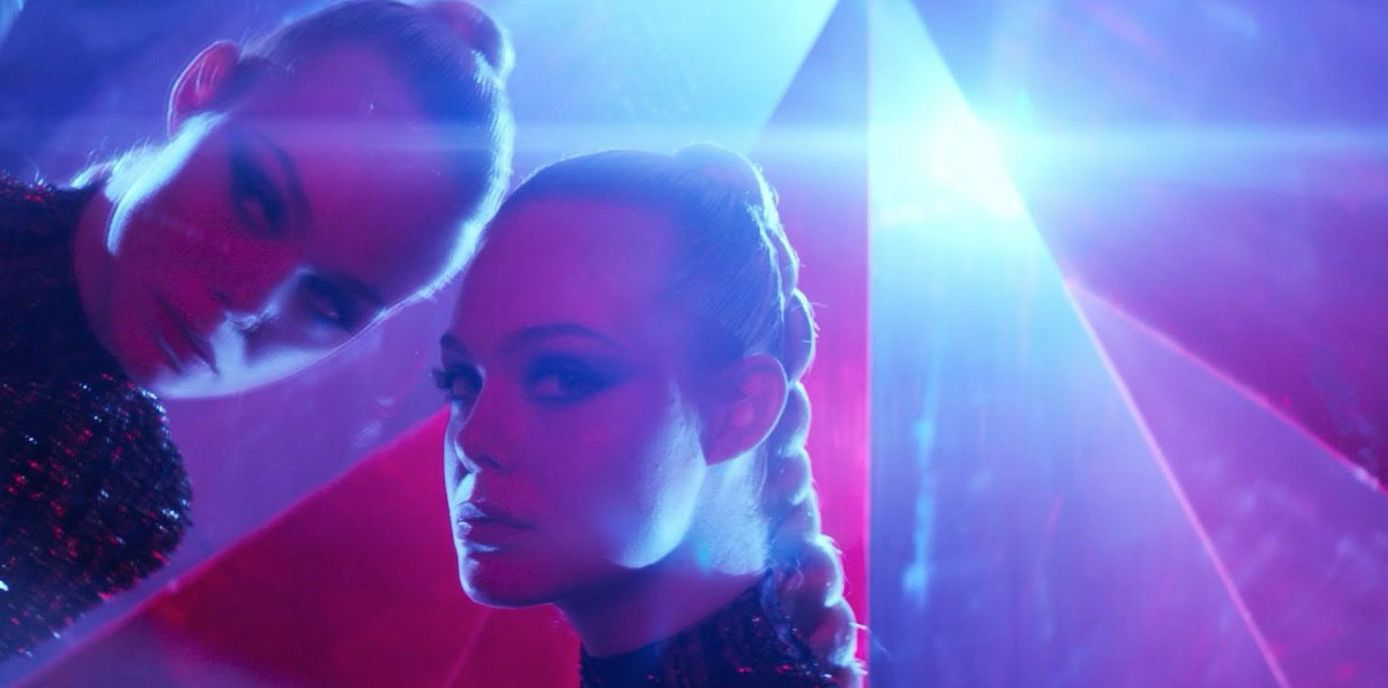
Jesse pretty much felt like a plot device, the tour bus on this ride through Refn’s vision of the modeling industry. She does not come off as enthralling and I struggled to build a real connect with her character making this bus ride a bumpy one. There is however some proper intrigue nestling in Jena Malone’s Ruby. She has one helluva arch – a fixture in novel brands of sexual proclivity and a conduit for the jaw-dropping finale. In a chilling juxtaposition, Ruby does make up for both models and corpses and as the layers to her character unravel, we realise the lines the living and dead are quite blurred.
But as compelling as Ruby gets, I still can’t get round this film’s general lack of character. The core cast feel like mere props in Refn’s twisted parable and this film will definitely alienate most and polarize the few who see it. However the argument could be made that by the time this film ends, we want no part of this world. The Neon Demon remains worth the watch simply because Refn’s touch guarantees an inimitable experience – however flawed. He embraces the shallowness of this world and carefully opens it up to reveal the dark heart that keeps it running.
-
Delali Adogla-Bessa/delalibessa@yahoo.com/Ghana
